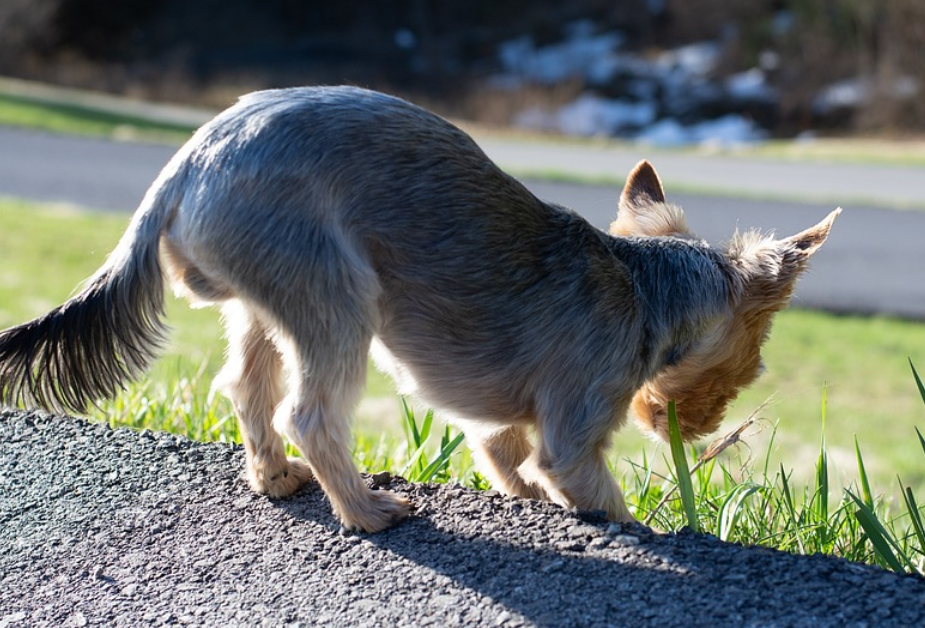It can be a shocking sight to see your beloved furry friend chomping down on feces, but rest assured, it’s not an uncommon behavior in dogs. In fact, it’s estimated that up to 16% of dogs may engage in coprophagia (the consumption of feces) at some point in their lives. But why do dogs eat excrement, and is there anything you can do to stop it?
Possible Reasons Why Dogs Eat Excrement
There are several possible reasons why a dog may eat excrement. These include:
- Nutritional Deficiencies: Dogs that are deficient in certain nutrients, such as vitamins or minerals, may seek out feces as a way to supplement their diet.
- Medical Issues: Some medical issues can cause dogs to consume feces, such as enzyme deficiencies, intestinal malabsorption, or illnesses that affect the digestive system.
- Behavioral Issues: Coprophagia can also stem from boredom, anxiety, attention-seeking, or other behavioral issues.
- Mothering Instincts: Mother dogs may eat their puppies’ feces as a way of keeping the area clean and reducing the risk of predators.
How to Stop Your Dog from Eating Excrement
Stopping your dog from eating feces can be a challenge, but it’s important to address the behavior as soon as possible, as it can lead to health problems or the transmission of parasites and disease. Here are some tips on how to stop the behavior:
- Keep Your Dog’s Environment Clean: Clean up feces promptly and keep your dog’s living area clean to eliminate the opportunity for him to eat feces.
- Change Your Dog’s Diet: Talk to your vet about a high-quality diet that meets your dog’s nutritional needs to prevent nutrient deficiencies.
- Train Your Dog: Teach your dog the “leave it” or “drop it” command and reinforce it regularly. This will help your dog learn to resist the temptation to eat feces.
- Increase Exercise and Mental Stimulation: Dogs that are bored or lacking in physical or mental stimulation may be more likely to engage in coprophagia, so ensure that your dog gets enough exercise and mental stimulation.
- Use Taste Deterrents: Some taste deterrents, such as hot sauce or bitter apple spray, can be applied to feces to make them less appealing to your dog.
When to See a Vet
If your dog’s coprophagia is related to a medical issue, such as digestive problems or nutritional deficiencies, it’s important to see a vet. Your vet can perform a full examination and recommend a course of treatment. In some cases, medication may be necessary to address the issue.
In Conclusion
Coprophagia can be a frustrating and unhygienic behavior, but with patience and persistence, it can be stopped. Remember to clean up feces promptly, provide a healthy diet and plenty of exercise and mental stimulation, train your dog, and seek professional help if necessary. With the right approach, you can help your dog overcome the urge to eat excrement and maintain good health.
